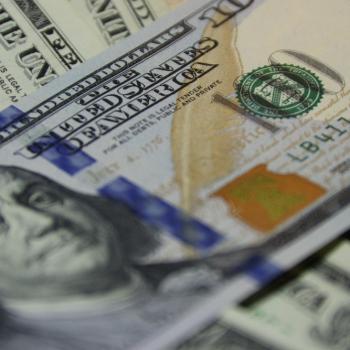Following intense negotiations between Republicans and Democrats over the so-called “fiscal cliff,” an agreement was reached to increase payroll and income taxes to tackle the fiscal deficits. Having felt the sting of higher payroll taxes beginning on January 1, 2013, many Americans have been asking, “Why is my paycheck lower?”
Payroll Tax Back to 6.2%
The rise in the Social Security payroll tax from 4.2 percent to 6.2 percent of wages affects all workers, regardless of income level. This two percent loss of wages means a person earning $30,000 a year will lose $600 per year. In addition, for couples earning $250,000 and over and single filers earning $200,000 and over there will be a 0.9 percent increase in the Medicare, or hospital insurance, portion of the payroll tax.
The federal payroll tax for employees is made up of the aforementioned 6.2 percent Social Security tax on wages, as well as a tax of 1.45 to 2.35 percent, depending on income, to subsidize Medicare. Before this agreement, all income groups were taxed at 1.45 percent for Medicare. State and local payroll taxes may apply, depending on the jurisdiction. Employers must pay Social Security and Medicare taxes as well, in addition to other taxes based on federal, state and local laws.
For 2011 and 2012, the payroll tax had been 4.2 percent as part of president Barack Obama’s stimulus program. While some have lauded the efforts of Congress to work out a deal to reduce the annual deficits, which add onto the $16.4 trillion and growing national debt, others believe the decreased take-home pay among workers may prevent an economic recovery for 2013. Faced with stagnant wages and a higher cost of living, consumers are likely to cut back on spending as a result of the tax increases.
In addition to the payroll tax increase for all workers, the marginal tax on income will increase from 35 percent to 39.6 percent for couples earning $450,000 and over and single filers earning $400,000 and over. In addition, capital gains taxes among those in this bracket will rise from 15 percent to 20 percent. On estates larger than $5 million, taxes will rise from 35 percent to 40 percent. A 3.8 percent surtax on investment income will be added for couples earning $250,000 and over and single filers earning $200,000 and over.















